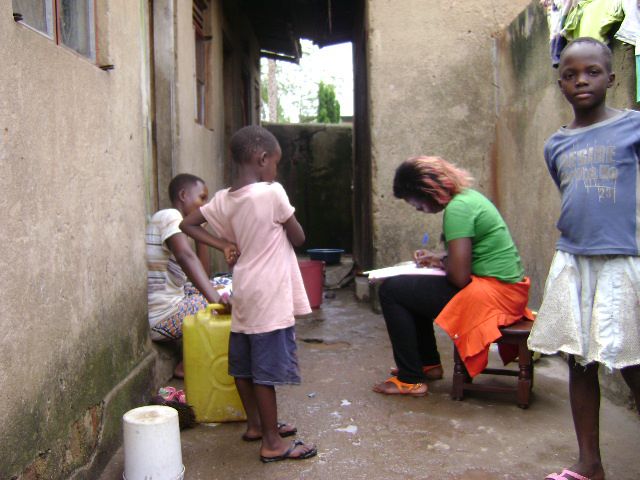 Our comprehensive GBV program aims to prevent and respond to violence based on gender, particularly against women and girls. it involves a multifaceted approach that includes prevention and support services.
Our comprehensive GBV program aims to prevent and respond to violence based on gender, particularly against women and girls. it involves a multifaceted approach that includes prevention and support services.
Here are the key activities that RHAC-Uganda GBV program includes
Prevention and Education
Awareness Campaigns: Launch public awareness campaigns to educate communities about GBV, its forms, and its consequences.
School Education Programs: Integrate GBV education into school curricula to teach children about respect, consent, and healthy relationships.
Community Workshops: Conduct workshops and seminars for community members to challenge gender norms and promote gender equality.
Capacity Building
Training for Service Providers: Provide training for healthcare providers, law enforcement, and social workers on how to recognize and respond to GBV cases.
Support for NGOs: Build the capacity of local NGOs and community organizations to deliver GBV prevention and response services.
Legal and Policy Advocacy
Legal Aid Services: Offer legal assistance to GBV survivors to help them navigate the justice system.
Policy Advocacy: Advocate for the implementation and enforcement of laws and policies that protect against GBV and support survivors.
Support Services for Survivors
Shelters and Safe Houses: Establish shelters for survivors of GBV, providing a safe space and essential services.
Counselling and Mental Health Services: Offer psychological support and counselling for survivors to help them recover from trauma.
Medical Care: Ensure access to comprehensive medical care, including treatment for injuries and sexual and reproductive health services.
Hotlines and Helplines
24/7 Support Lines: we have hotlines for GBV survivors to seek help and report incidents at any time.
Crisis Intervention Services: Provide immediate support and intervention for individuals in crisis situations.
Economic Empowerment
Job Training and Placement: Provide vocational training and job placement services for survivors to help them gain financial independence.
Microfinance Programs: Offer microloans and financial literacy training to survivors to support their economic empowerment.
Community Engagement
Men and Boys Programs: Engage men and boys in GBV prevention efforts to challenge toxic masculinity and promote positive behaviour
Peer Support Groups: Establish support groups for survivors where they can share experiences and support each other.
Monitoring and Evaluation
Data Collection and Analysis: Collect data on GBV incidents and program effectiveness to inform policy and practice.
Impact Assessments: Conduct regular assessments of program impact and make necessary adjustments to improve effectiveness.
Partnerships and Collaboration
Multi-Sectoral Coordination: Collaborate with various sectors, including health, justice, education, and social services, to create a cohesive response to GBV.
International and Local Partnerships: Partner with international organizations, government agencies, and local communities to strengthen efforts and resources.
Cultural and Media Initiatives
Media Engagement: Work with media to ensure responsible reporting on GBV and to spread awareness messages.
Cultural Programs: Support cultural activities and initiatives that challenge harmful gender norms and promote equality.
By integrating these activities, our GBV program can create a supportive environment that not only addresses the immediate needs of survivors but also works towards long-term cultural and societal change to prevent GBV.

